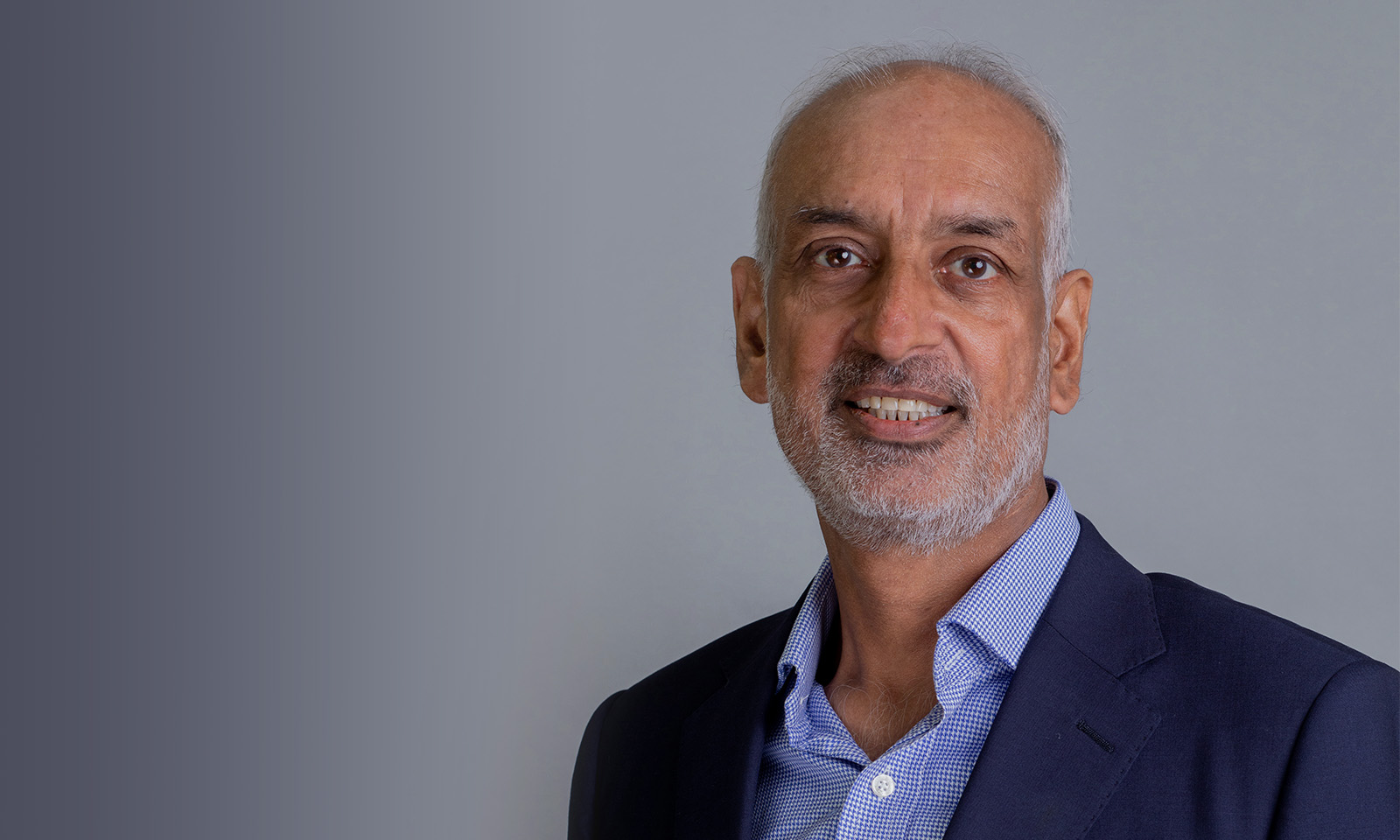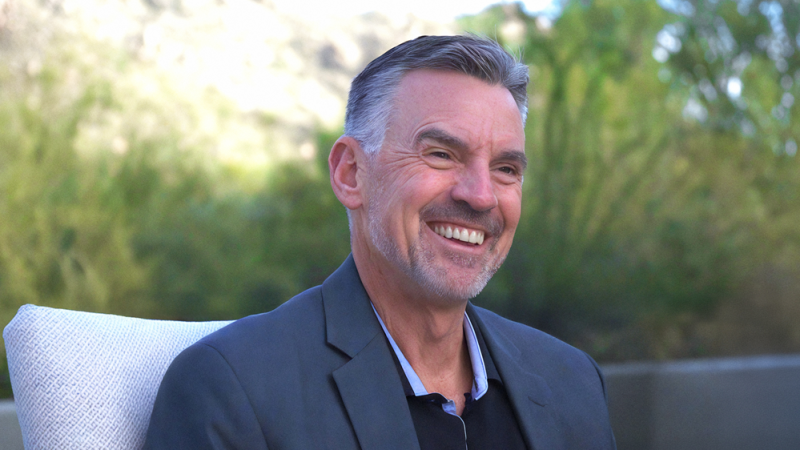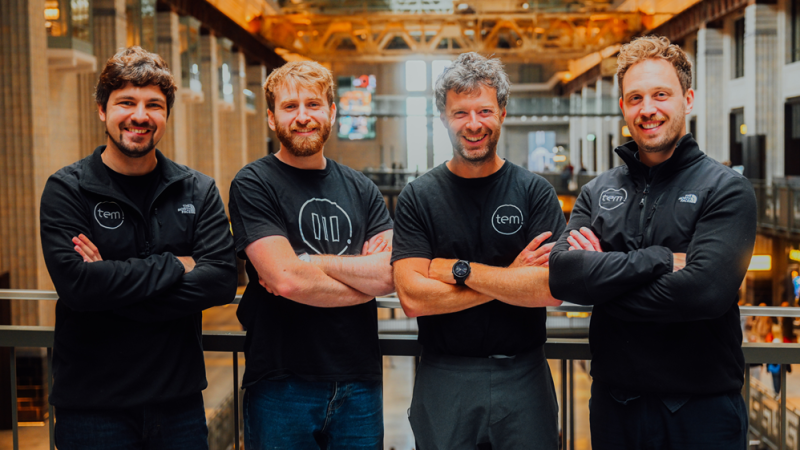Hygiene Group was created in 1983 and over the four decades of its existence has become the industry’s acknowledged market leader. “Hygiene Group continues to pursue its unique and authoritative role as the specialist cleaning and hygiene services provider to the food and pharmaceutical manufacturing industries,” says Operations Director, Gurdip Bir.
“From a nationwide network of regional centres accessible on a twenty-four-hour basis, we demonstrate our understanding of the integral part our services play in the food and pharmaceutical chain. As always in this pursuit, we are fully supported by the cooperation and commitment of a highly qualified, enthusiastic and loyal workforce.”
Today, the company provides a national service through over 500 highly skilled and qualified staff, all directly employed. “Our expertise is sought across the food sector by leading brands including Haribo, Tate and Lyle, KP Snacks, Paterson Arran, and Lavazza, many of whom have been with us for 10 years or more.”
“There’s a simple explanation for this. Operating exclusively within the food sector, we’re a genuine specialist. We understand the issues and legislation, the challenges food manufacturers are confronted with, the equipment they use, and the processes they follow. We know our way around manufacturing facilities and have in-depth experience across all forms of cleaning for food manufacturing. Food manufacturers rely on our expertise, and trust us to cut through the complexity surrounding the sector,” Mr Bir affirms.
A good example of a Hygiene Group customer relationship is the partnership with Mars, he says. In the early days of the business, Hygiene Group won a flagship contract to service Mars Confectionery sites. Over 30 years later, the company is still working with Mars – a testimony to its quality and commitment to long-term relationships.
Mr Bir points out that delivering quality and reliability helps food manufacturers maintain their reputation, as well as protect their brand. “We provide a full-service offer. We listen, respond, and act as an extension of our client’s teams, not as a simple supplier. Our relationships are true partnerships, and we strive to continually exceed the expectations of customers and their auditors.”
Growing with market trends
Hygiene Group was the first cleaning company to achieve accreditation to ISO 9001 (then known as BS5750) across all of its operations and over the years, has twice won the National Training Award for Excellence in People and Development from the British Chamber of Commerce.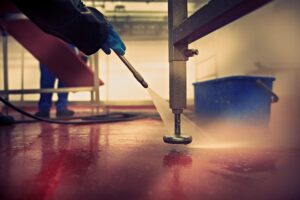
Reflecting on current market developments, Mr Bir stated that in the highly competitive cleaning industry, offering the newest technologies or innovations is one way of staying ahead.
“The huge technological advancements that have become part of mainstream culture and life also play a part in the cleaning industry. New machines that perform better and take less time to maintain and charge and vacuum poles with cameras for accessing high levels are just some of the new innovations infiltrating the cleaning market.”
The latest developments mean that contract cleaning service providers must be innovative in the way they clean and the systems they use for their work. “In the simplest possible terms, robots and new innovations are seen as cutting-edge and ‘cool’ and people want their providers to be the best around in terms of available equipment.”
“With products such as floor machines being equipped with route recognition and the ability to complete tasks efficiently, it can free up frontline cleaning crews with limited numbers to tackle other tasks that only a human can complete. Hurdles still exist for many potential buyers, including a reluctance to shake up the norm or simply the upfront price — but the return on investment that cleaning robotics can offer is gaining traction.”
He further reflects that sustainability and environmental protection are interesting issues in the cleaning world, and – although of paramount importance – a certain challenge in this particular industry. “The idea of sustainability is tied in with innovation and technologies, as there are constant improvements being made in machines and equipment to improve their performance while reducing the negative or damaging effects that may be associated with some practices.”
“This may be a chemical run-off, excessive battery charging times, battery disposal, and so on. There is also a great emphasis on getting away from chemical-based cleaning and finding effective alternatives that do not come with the associated detrimental effects that can be associated with these types of cleaning solutions,” he explains, adding that Hygiene Group often works with cleaning solution manufacturers and tries out their enhanced products in the field.
Expanding into a new sector
There are other challenges, common to most sectors, such as attracting and keeping top talent and maintaining profitability despite tight margins, but Hygiene Group seems to be handling those 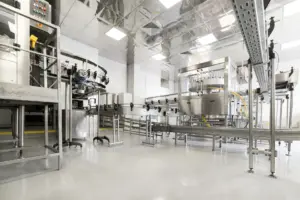 well. “Hiring is always a rollercoaster,” Mr Bir admits. “While there have been instances of a labour-heavy job market within the cleaning industry over the past fifteen years, more often than not, the labour pool is scarce. That said, our staff turnover is very low and many people stay with us for decades. In fact, those who can’t commit to working with us leave within the first few weeks. Those who stay, stay for a long time.”
well. “Hiring is always a rollercoaster,” Mr Bir admits. “While there have been instances of a labour-heavy job market within the cleaning industry over the past fifteen years, more often than not, the labour pool is scarce. That said, our staff turnover is very low and many people stay with us for decades. In fact, those who can’t commit to working with us leave within the first few weeks. Those who stay, stay for a long time.”
Looking ahead, he reveals that Hygiene Group is looking at internal improvements, and has been in the process of upgrading its accounting software to X3 over the last 12 months. “Over the next six months, we anticipate X3 being fully operational allowing Hygiene to streamline its processes and reduce administration costs to remain competitive.”
Despite the challenging market conditions, with increasing competition and anticipated cost increases, Hygiene Group is set to grow – a few months ago, the company acquired Lindsay Phillips Property Care, an East Midlands contract cleaning company that fulfils large commercial contracts across Derbyshire and the wider East Midlands, specialising in commercial workspaces.
“The food industry has been changing, with market consolidation and contraction of food factories. We realised that we need to expand our reach to secure further growth and commercial workspace is a segment on the rise. We are now planning to recruit a business development manager to increase our customer base in commercial workspace cleaning,” Mr Bir concludes.
